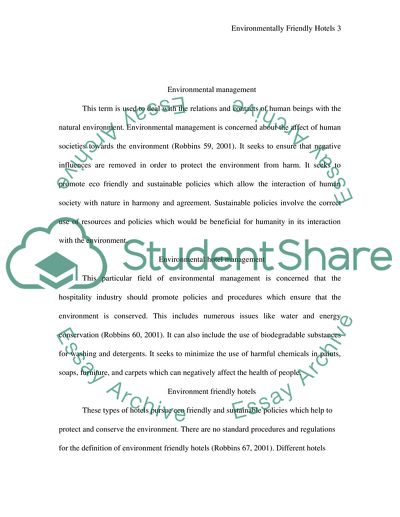Cite this document
(“Assess the potential financial benefits of an environmentally friendly Essay”, n.d.)
Assess the potential financial benefits of an environmentally friendly Essay. Retrieved from https://studentshare.org/miscellaneous/1549305-assess-the-potential-financial-benefits-of-an-environmentally-friendly-hotel-organisation
Assess the potential financial benefits of an environmentally friendly Essay. Retrieved from https://studentshare.org/miscellaneous/1549305-assess-the-potential-financial-benefits-of-an-environmentally-friendly-hotel-organisation
(Assess the Potential Financial Benefits of an Environmentally Friendly Essay)
Assess the Potential Financial Benefits of an Environmentally Friendly Essay. https://studentshare.org/miscellaneous/1549305-assess-the-potential-financial-benefits-of-an-environmentally-friendly-hotel-organisation.
Assess the Potential Financial Benefits of an Environmentally Friendly Essay. https://studentshare.org/miscellaneous/1549305-assess-the-potential-financial-benefits-of-an-environmentally-friendly-hotel-organisation.
“Assess the Potential Financial Benefits of an Environmentally Friendly Essay”, n.d. https://studentshare.org/miscellaneous/1549305-assess-the-potential-financial-benefits-of-an-environmentally-friendly-hotel-organisation.


